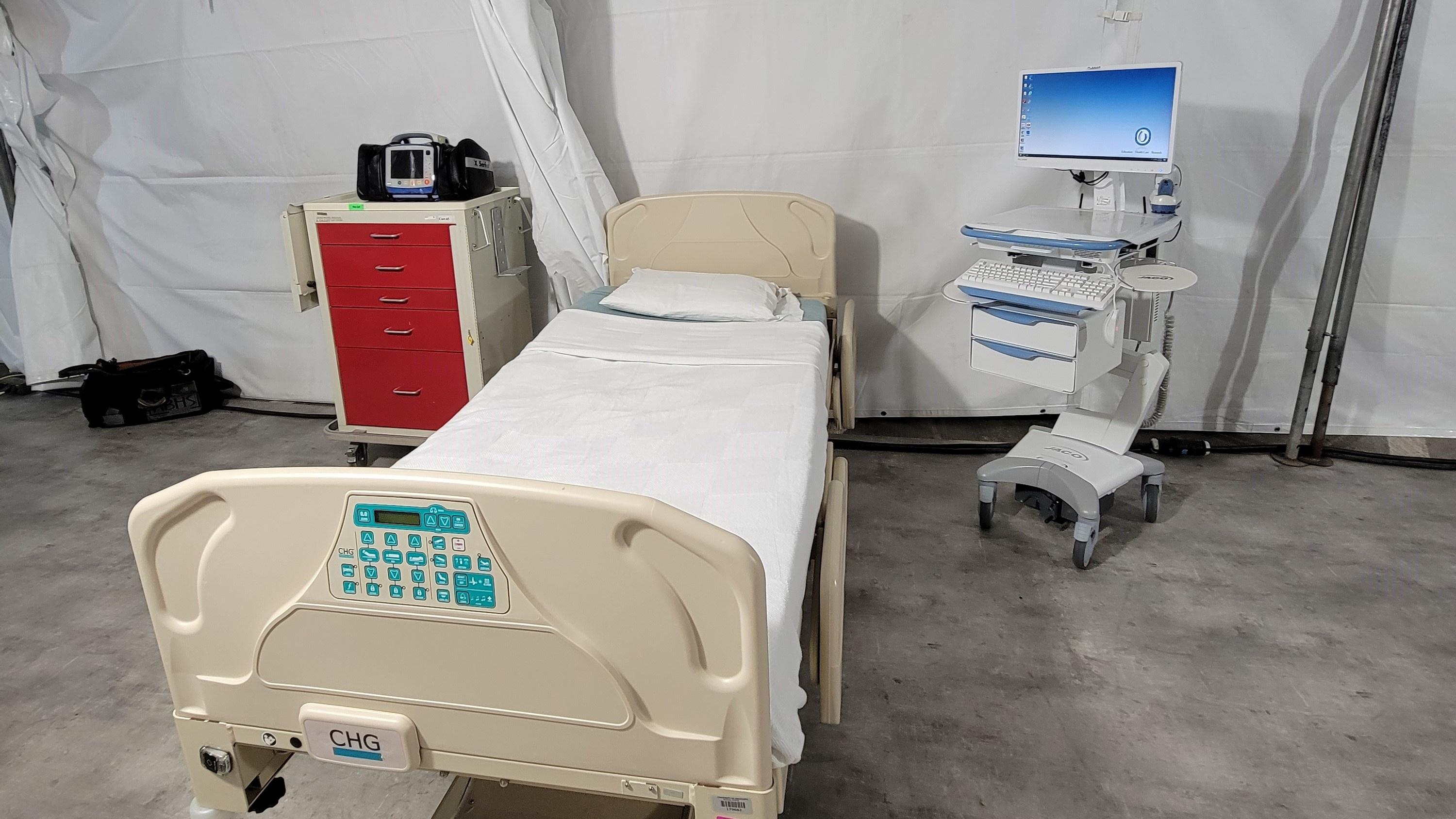Mississippians who are at increased risk of severe outcomes from COVID-19 qualify for monoclonal antibody treatments. These antibodies can be administered through an I.V. or a series of four injections, and both have been found to be effective ways at preventing the most severe symptoms of the coronavirus.
State Health Officer Dr. Thomas Dobbs says the state has offered monoclonals for treating COVID-19 longer than most states, and now has the highest rate of monoclonal usage in the nation.
“We’ve had a lot of demand because of the Delta surge, and so I think that explains it. And then we had the infrastructure. Then we had the docs, and we had the hospitals and the clinics that were ready and committed, and then the team here helping to make it happen,” says Dr. Dobbs. “So I think it was just a good combination of opportunity and partnership to make it work out.”
While the antibody treatment has proven to be effective, doctors say it is better for patients to get a coronavirus vaccine as the first line of defense. Dr. Samuel Crosby, Primary Chairman at the Hattiesburg Clinic, says many people who are receiving monoclonal treatments in his area are unvaccinated.
Dr. Crosby says “It’s interesting how many people who were opposed to the vaccine, the minute they get it, they want the antibody treatment. Now they’re both under emergency use authorization, well I guess the Pfizer [vaccine] has now been approved, but once you actually have it and you’re feeling sick you sort of get by that vaccine hesitancy, but it’s too late at that point. The vaccines are the answer, not the treatment.”
Health officials say coronavirus vaccines and treatment are free and subsidized by the federal government, and the more proactive someone is at addressing the disease the fewer tax dollars go towards treatment. They say a vaccine can cost the federal government around $50, a round of antibody treatment can be near $2,400, and hospitalizations can quickly exceed $70,000 in medical bills.
On Friday, the FDA gave authorization for the use of booster doses of the Pfizer coronavirus vaccine among immunocompromised patients and those age 65 years or older.




